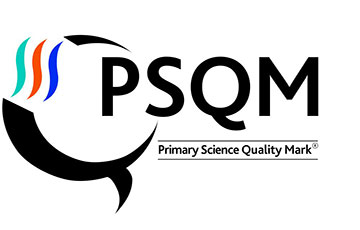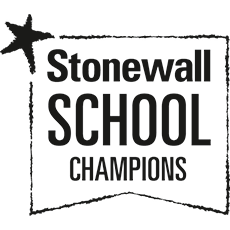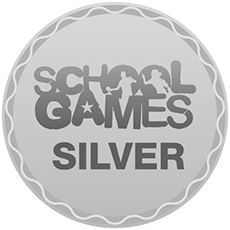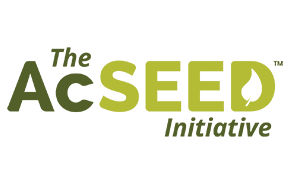Geography
At Adswood Primary School we believe that Geography inspires pupils' curiosity and fascination about the world and its people that will remain with them for the rest of their lives.
Intent
At Adswood Primary School we believe that Geography inspires pupils' curiosity and fascination about the world and its people that will remain with them for the rest of their lives.
Children are encouraged to develop their knowledge about diverse places, people, resources and natural and human environments, together with a deep understanding of the Earth’s key physical and human processes. The Geography curriculum at Adswood Primary School enables children to develop knowledge and skills that are transferable to other subjects. The curriculum is designed to ensure that as pupils progress through school, their growing knowledge about the world helps to deepen their understanding between physical and human processes, and of the formation and use of landscapes and environments. geographical knowledge, understanding and skills provide the frameworks and approaches that explain how the Earth’s features at different scales are shaped, interconnected and change over time.
Progression grids and long term plans are designed to ensure that learning is sequential and developed over time and allows children to build on prior knowledge to ensure that children know more and remember more.
Implementation
At Adswood Primary School we implement a Geography curriculum that is progressive throughout the school covering the key strands of The National Curriculum. Geography is taught as part of a topic,
focusing on the knowledge and skills stated in the National Curriculum ensuring that knowledge builds progressively and that children develop skills systematically. Connections between subjects are made to
reinforce learning where appropriate. Geography teaching focuses on enabling children to think as Geographers. A variety of teaching approaches are used and lessons are planned to include opportunities
for children to work as pairs, in groups and to work independently. New information and knowledge is introduced in small steps. Effective questioning is a crucial component of all our lessons. Key questions are planned to encourage children to think about their learning, to reflect upon previous learning and to make connections between new and existing learning. We also encourage them to build upon their peers' learning. We encourage adults and children to use both rich language and precise vocabulary linked to the subject area that they are studying so that they can understand it and can then use it to reason, articulate and make generalisations. To ensure that the children get the best support in lessons, children have access to various resources to help them find out more.
Impact
Evidence through pupil voice and outcomes in books will show that children can articulate and demonstrate their geographical knowledge using the correct vocabulary. The use of consolidation
learning activities (SODAs) also provides a chance for children to recall and express their learning of the key concepts and questions in a unit. Children will be able to make connections between the Earth’s physical
and human processes. Children will be able to talk about how maps are used and how we interpret information from a range of sources.

.JPG)





